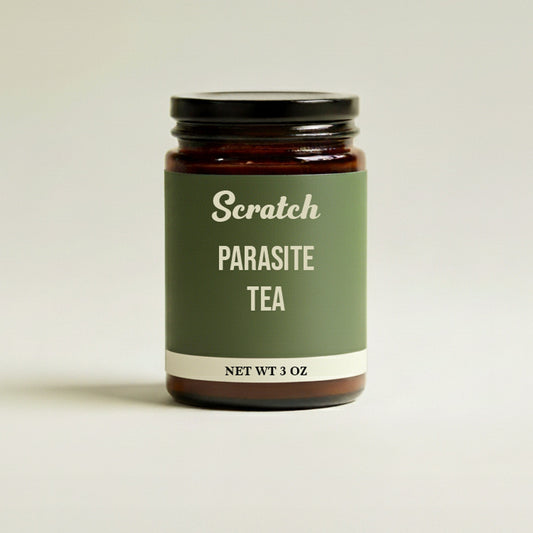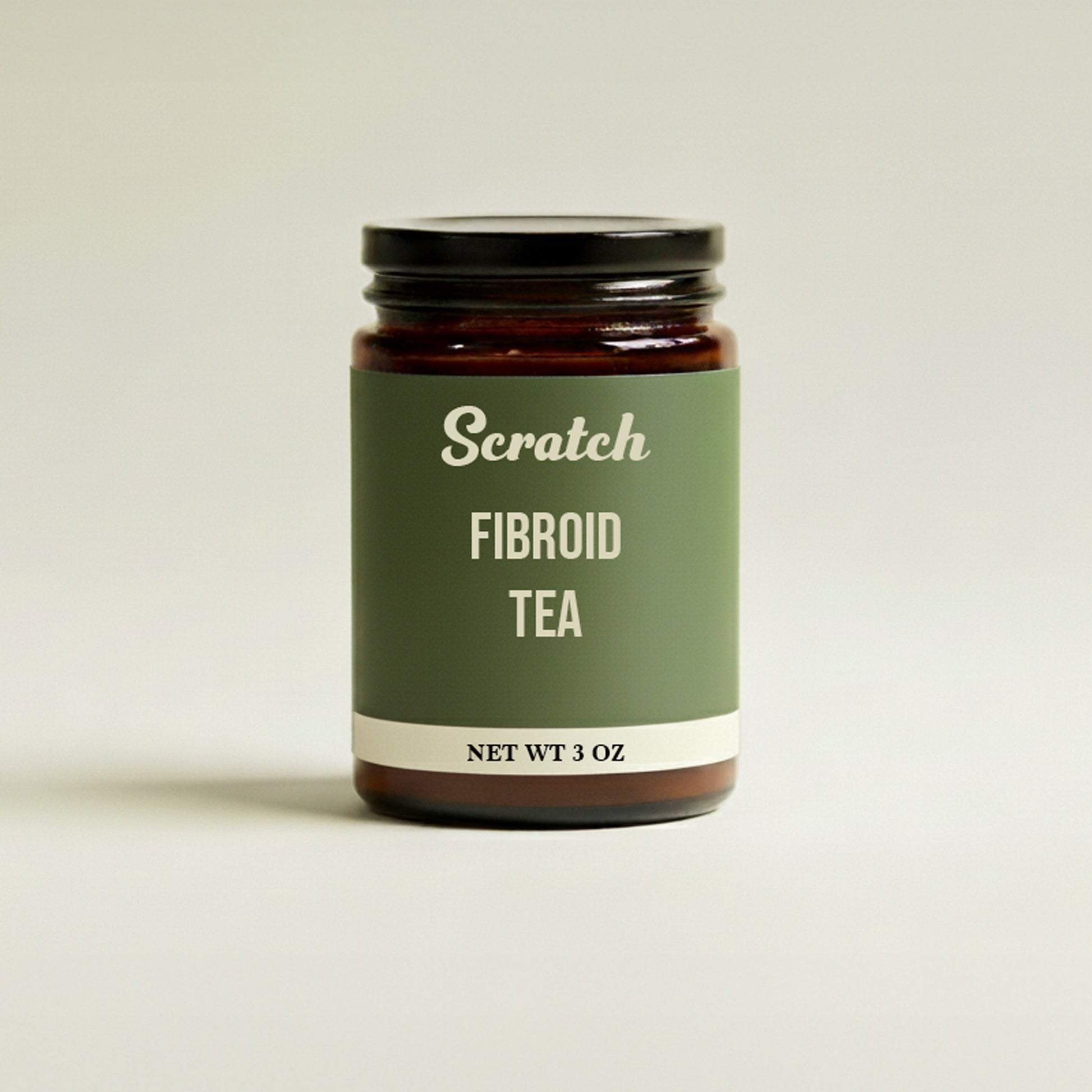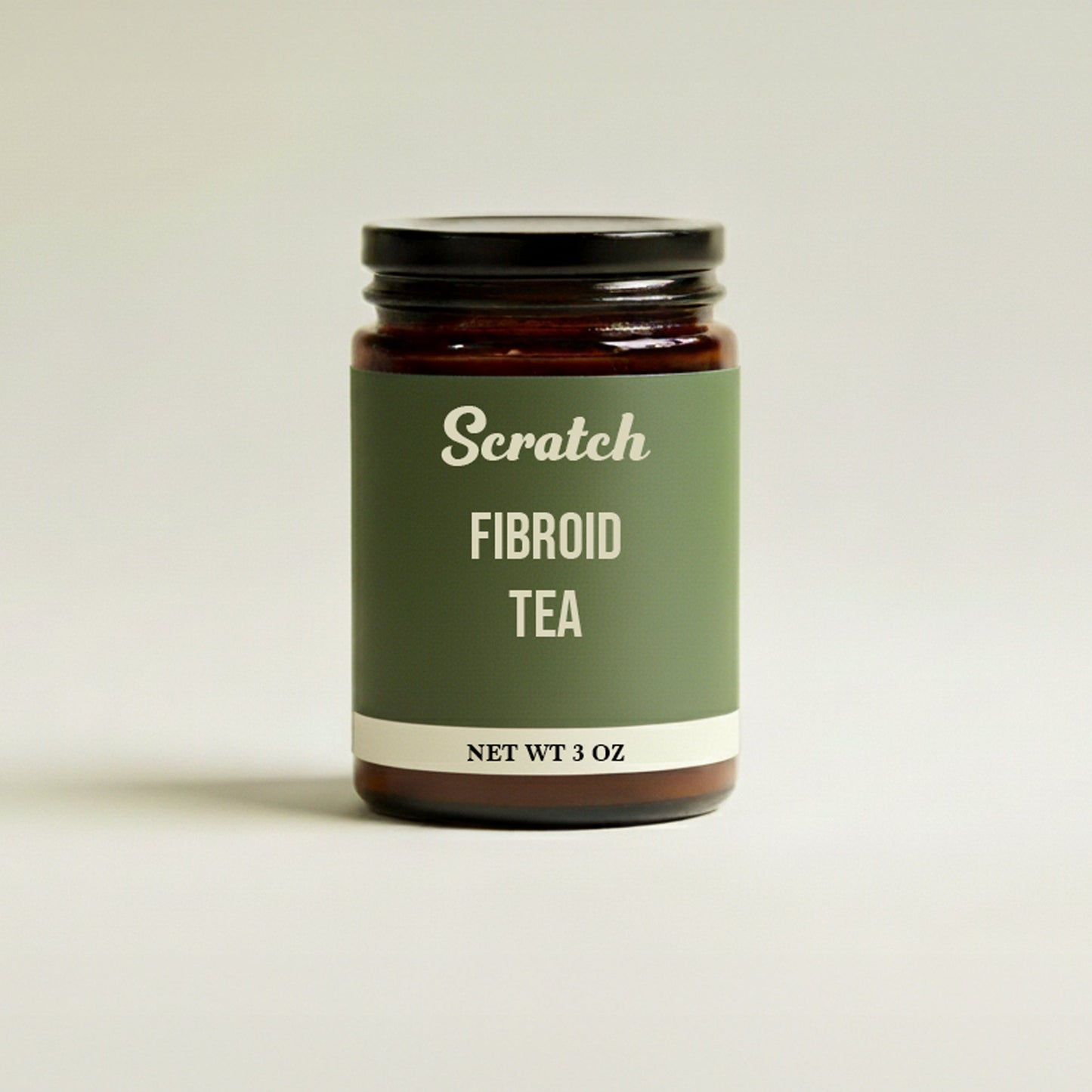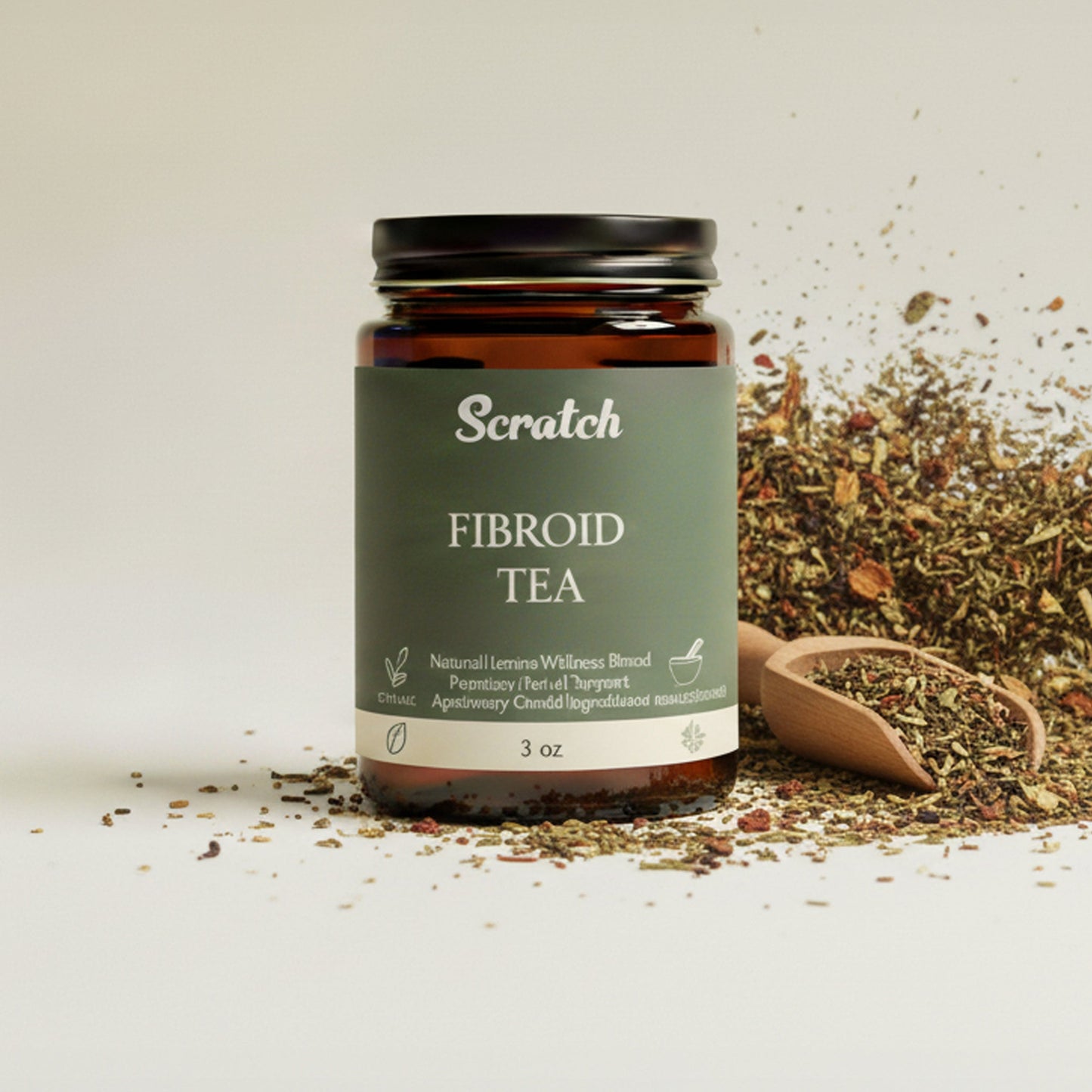Is Sex Good for Fibroids? What to Know
Uterine fibroids (leiomyomas) are common, noncancerous growths that can affect periods, pelvic comfort, fertility, and sexual well-being. If you live with fibroids, you may wonder whether sex helps, harms, or has no effect on them—and how to make intimacy more comfortable. Here’s what the evidence and expert guidance suggest.
Quick answer: Does sex help or hurt fibroids?
Sex does not shrink or cure fibroids. There’s no evidence that sexual activity causes fibroids to grow or increases the risk of complications. However, fibroids can make sex uncomfortable for some people—especially if they are large, numerous, or located near the uterine cavity or cervix. The goal is to manage symptoms, protect your sexual health, and seek treatment when symptoms affect your quality of life.
What are fibroids?
Fibroids are benign tumors of the muscle layer of the uterus. They vary in size and location and can be intramural (in the uterine wall), submucosal (bulging into the cavity), subserosal (bulging outward), or cervical. Many people have no symptoms; others experience heavy menstrual bleeding, pelvic pressure, frequent urination, anemia-related fatigue, pain, or fertility issues.
Authoritative resources from the National Institutes of Health (NIH) and the American College of Obstetricians and Gynecologists (ACOG) provide overviews of symptoms, diagnosis, and treatment options.
How fibroids can affect sex
Fibroids can influence sexual comfort and desire in several ways:
- Pain with deep penetration (deep dyspareunia): Fibroids that enlarge or alter the shape of the uterus—or those near the cervix—can be tender or create pressure, making certain positions painful.
- Pelvic pressure and bloating: Larger fibroids can create a constant sense of fullness that makes arousal and orgasm harder to enjoy.
- Heavy bleeding and spotting: Some people notice bleeding with or after sex. While this can occur with fibroids, postcoital bleeding should be evaluated to rule out other causes.
- Low energy or lower libido: Iron-deficiency anemia from heavy bleeding can lead to fatigue and reduced desire.
- Vaginal dryness: Some fibroid treatments (particularly those that lower estrogen) can cause vaginal dryness, which may increase friction and discomfort during sex.
Practical tips for more comfortable, satisfying sex
- Explore positions that allow shallow penetration and control: Positions like side-lying (spooning) or being on top can help you regulate depth and angle. Pillows under hips or between knees can relieve pelvic pressure.
- Use ample lubricant: Choose a high-quality water- or silicone-based lubricant. Avoid oil-based products with latex condoms. Lubrication reduces friction and can ease discomfort.
- Communicate and go slow: Start with extended foreplay and gentle penetration. If a position hurts, switch. Pain is a signal to stop and reassess.
- Time intimacy around symptoms: If heavy bleeding or cramping is cyclical, plan sexual activity for days you typically feel best.
- Address dryness: If you use medications that lower estrogen and cause dryness, consider vaginal moisturizers for regular use and lubricant for sex. Discuss persistent symptoms with your clinician.
- Consider pelvic floor physical therapy: A pelvic health therapist can help with muscle tension, pain, and strategies for comfortable intimacy.
Is sex ever unsafe with fibroids?
Sex is generally safe with fibroids unless you have specific complications or are recovering from a procedure. Pause sexual activity and seek medical advice if you have:
- Severe pain during or after sex
- Heavy or unusual postcoital bleeding
- Signs of infection (fever, foul-smelling discharge, increasing pelvic pain)
- Recent surgery or procedure (such as myomectomy, uterine artery embolization, or endometrial ablation) and you have not yet been cleared to resume sex
If you are pregnant and have fibroids, sex is often still safe; however, fibroids can be associated with certain pregnancy risks. Always follow your obstetric clinician’s guidance regarding sex in pregnancy.
Fertility, contraception, and fibroids
Fibroids can affect fertility depending on size and location—especially submucosal fibroids that distort the uterine cavity. If you are trying to conceive and have had difficulty, an evaluation with a gynecologist or reproductive endocrinologist can clarify whether fibroids are a factor and discuss options like myomectomy.
If you want to avoid pregnancy, most contraceptive methods are safe with fibroids:
- Levonorgestrel intrauterine system (IUD): Can significantly reduce heavy menstrual bleeding, though placement may be challenging if fibroids distort the cavity.
- Combined hormonal contraception (pill, patch, ring): Can help lighten periods and improve cramping for some.
- Barrier methods: Condoms provide STI protection and are safe with fibroids.
Discuss with your clinician which option fits your goals and anatomy.
Treatments that may improve sexual comfort
When fibroids cause painful sex, heavy bleeding, or significant pressure, treating the fibroids often improves sexual function and overall quality of life. Options include:
- Medications: Hormonal options (e.g., combined hormonal contraceptives, progestin-only methods) can reduce bleeding and cramping. FDA-approved therapies such as elagolix with add-back therapy (Oriahnn) and relugolix combination therapy (Myfembree) can reduce fibroid-related heavy bleeding; they may cause side effects like hot flashes or vaginal dryness that can affect sexual comfort. Discuss risks, benefits, and duration limits with your clinician.
- Minimally invasive procedures: Uterine artery embolization (UAE) can shrink fibroids and relieve pressure and bleeding. Many patients report improved sexual comfort after symptoms improve.
- Surgical options: Myomectomy removes fibroids while preserving the uterus and may benefit people seeking pregnancy. Hysterectomy is definitive for those who do not desire future fertility. Your surgeon will advise when it’s safe to resume sex after any procedure.
When to see a healthcare professional
Make an appointment if you experience:
- New or worsening pain with sex
- Bleeding after sex
- Heavy periods leading to fatigue or anemia
- Concerns about fertility or pregnancy
- Side effects from fibroid medications that affect intimacy (e.g., dryness, low libido)
A personalized plan may include imaging to assess fibroid size and location, symptom management, and discussion of treatment options aligned with your goals.
Key takeaways
- Sex does not treat or worsen fibroids, but fibroids can make sex uncomfortable.
- With symptom-aware strategies—position changes, lubrication, communication—many people enjoy satisfying sex.
- Seek medical care for significant pain, bleeding, or fertility concerns; effective treatments can improve sexual comfort and quality of life.
Trusted sources and further reading
- NIH MedlinePlus: Uterine Fibroids
- NICHD (NIH): What are uterine fibroids?
- ACOG: Uterine Fibroids (Patient FAQ)
- FDA: Oriahnn (elagolix/estradiol/norethindrone) safety information
- FDA: Myfembree (relugolix/estradiol/norethindrone) safety information
This article is for general information and is not a substitute for medical advice. Always consult your healthcare professional for personalized guidance.

















